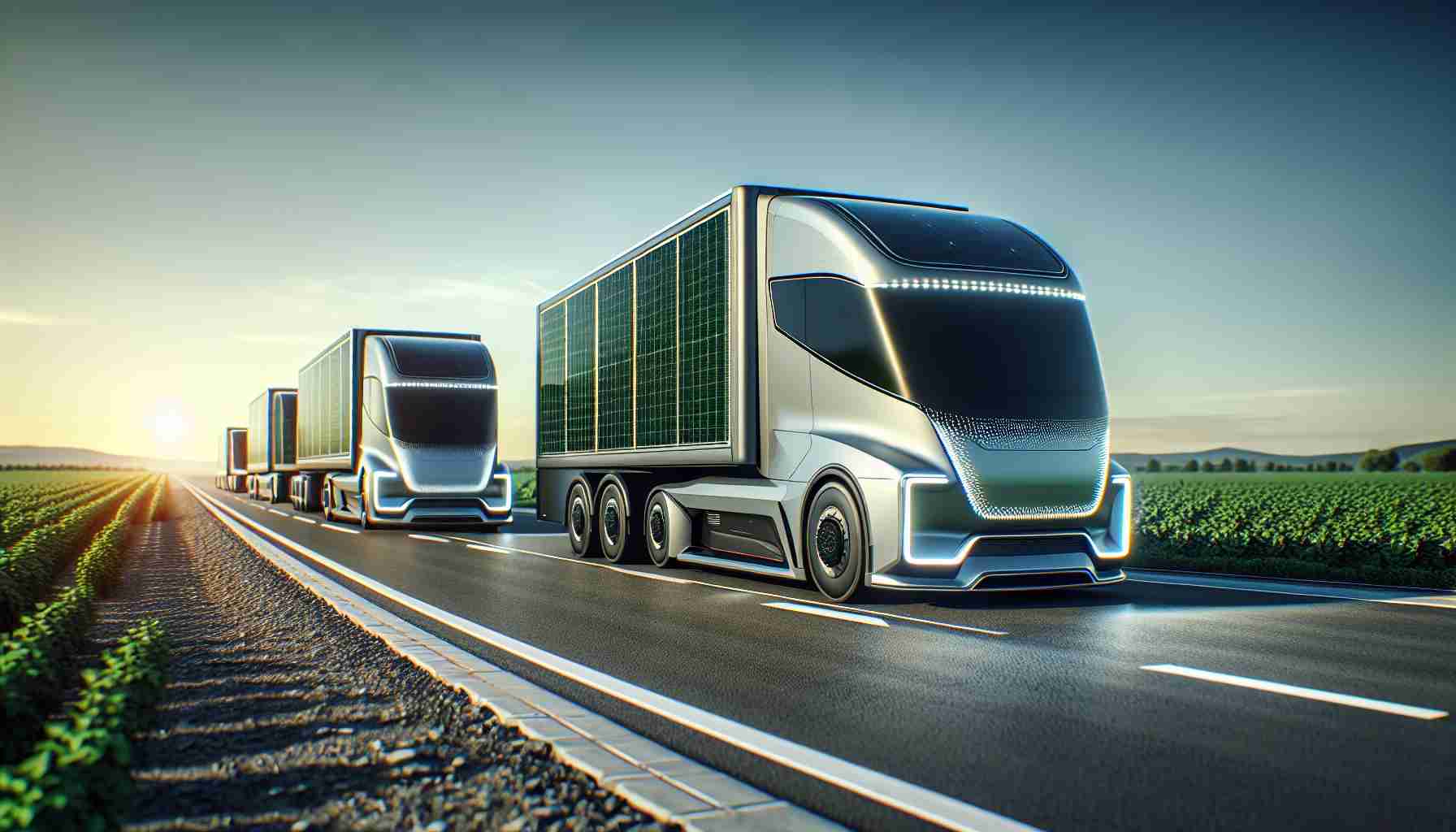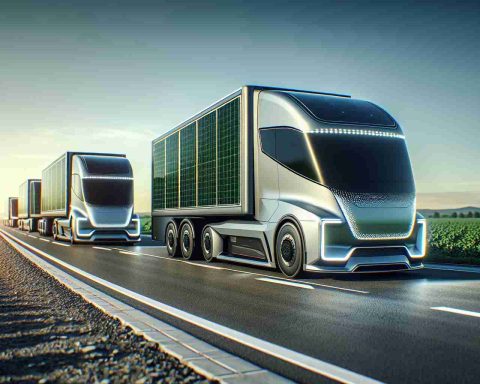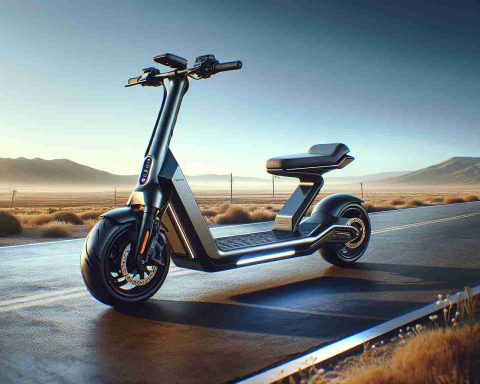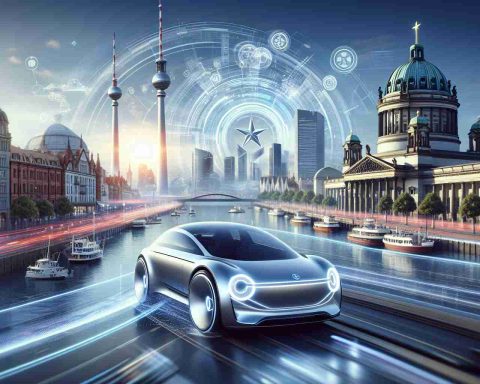Redefining Long-Distance Electric Trucking
Renowned automotive manufacturers have unveiled groundbreaking advancements in electric freight transport, ushering in a new era of sustainable logistics solutions. Introducing an extended-range model set to revolutionize the industry, Renault Trucks has unveiled the E-Tech T electric truck with an impressive range exceeding 600 kilometers on a single charge. This innovation, slated for release in late 2025, boasts enhanced capabilities fueled by the integration of an electric axle, accommodating additional battery packs without compromising cargo capacity.
Daimler Truck’s Electrifying Series Production
Meanwhile, Daimler Truck has commenced series production of the eActros 600 electric truck at the Mercedes-Benz plant in Wörth am Rhein, Germany. Engineered for long-distance transportation, the eActros 600 showcases a commendable range of 500 kilometers per charge, capable of traversing over 1,000 kilometers daily with intermediary charging. A culmination of cutting-edge technology, the high-capacity battery exceeding 600 kWh and in-house-developed electric axle underscore Daimler’s commitment to sustainable mobility solutions.
Embracing Transformation in Electric Mobility
Acknowledging the pivotal shift towards electrification, industry leaders emphasize the importance of adapting transport patterns to optimize vehicle utility and reduce operational costs per kilometer. These innovations not only mark a significant leap forward in eco-conscious transportation but also herald the need for collaborative efforts in reshaping the future of low-carbon logistics. With manufacturers pushing the boundaries of electric mobility, the stage is set for a transformative journey towards greener, more efficient freight transport systems.
Advancing Electric Freight Transport: Meeting the Challenges
As the landscape of electric freight transport evolves, critical questions arise regarding the viability and sustainability of extended-range electric trucks hitting the market. Let’s delve into some key queries and explore the associated challenges in this revolutionary phase:
1. How do extended-range electric trucks compare to traditional diesel trucks in terms of performance and efficiency?
Extended-range electric trucks offer the promise of zero-emission operations and lower maintenance costs compared to conventional diesel trucks. While they demonstrate impressive ranges on a single charge, the challenge lies in ensuring consistent performance over long hauls and addressing concerns about charging infrastructure to support seamless operations.
2. What are the infrastructure demands for widespread adoption of extended-range electric trucks?
One of the primary challenges facing the widespread adoption of extended-range electric trucks is the need for robust charging infrastructure along major transport routes. Ensuring reliable access to fast-charging stations and grid capacity to support high-power charging is essential for the success of electric freight transport on a large scale.
3. Are there any regulatory or policy obstacles hindering the deployment of extended-range electric trucks?
Navigating regulatory frameworks and policy incentives is critical for the accelerated deployment of extended-range electric trucks. Issues such as standardized charging protocols, weight restrictions, and incentives for fleet electrification need to be addressed to create a conducive environment for the transition to electric freight transport.
Advantages and Disadvantages of Extended-Range Electric Trucks
Advantages:
– Environmental Impact: Extended-range electric trucks significantly reduce carbon emissions and contribute to sustainable transportation solutions.
– Cost Savings: Lower operating costs, reduced maintenance expenses, and potential incentives for electrification offer financial benefits to fleet operators.
– Long-Term Sustainability: Investing in extended-range electric trucks aligns with global efforts to combat climate change and achieve decarbonization goals.
Disadvantages:
– Initial Investment: The higher upfront cost of acquiring extended-range electric trucks can be a barrier for some fleet operators.
– Charging Infrastructure: The availability and accessibility of fast-charging stations may limit the operational flexibility of electric trucks on long routes.
– Range Limitations: Despite impressive ranges, extended-range electric trucks may still face range anxiety concerns, especially in remote or underdeveloped regions.
In conclusion, while extended-range electric trucks hold immense potential in revolutionizing the freight transport industry, addressing infrastructure needs, regulatory challenges, and operational considerations is crucial for their widespread adoption. Embracing this transformation in electric mobility requires collaborative efforts from stakeholders to drive sustainable innovation and shape the future of long-haul logistics.
Explore more on the latest advancements in electric mobility at Renewable Energy World.












